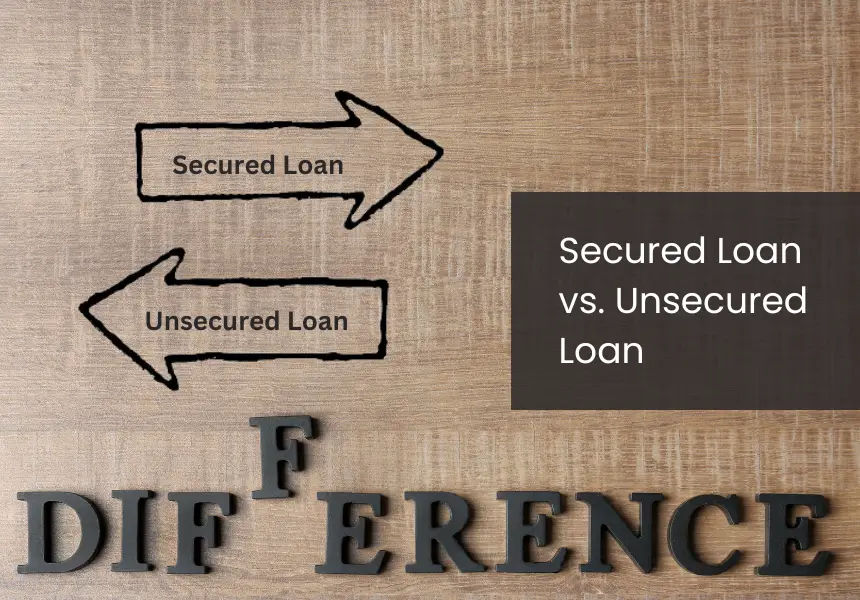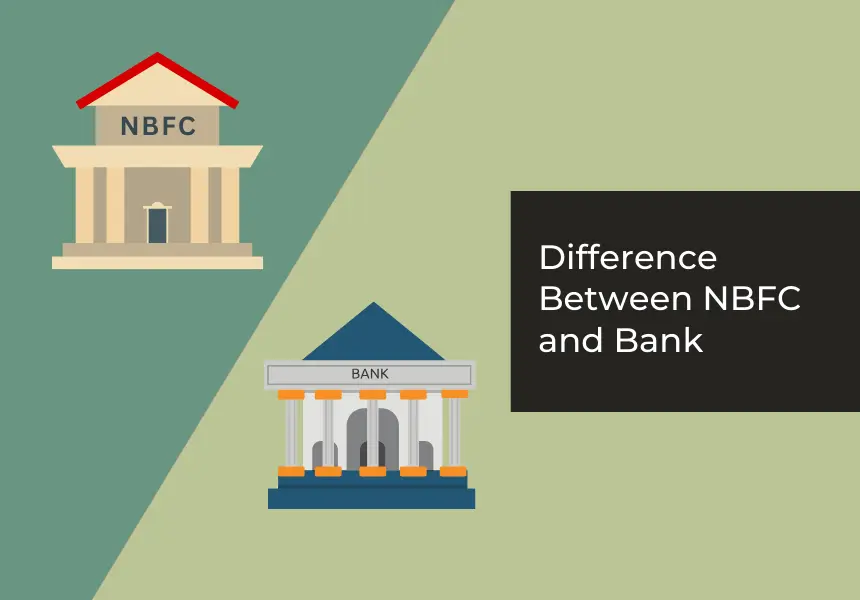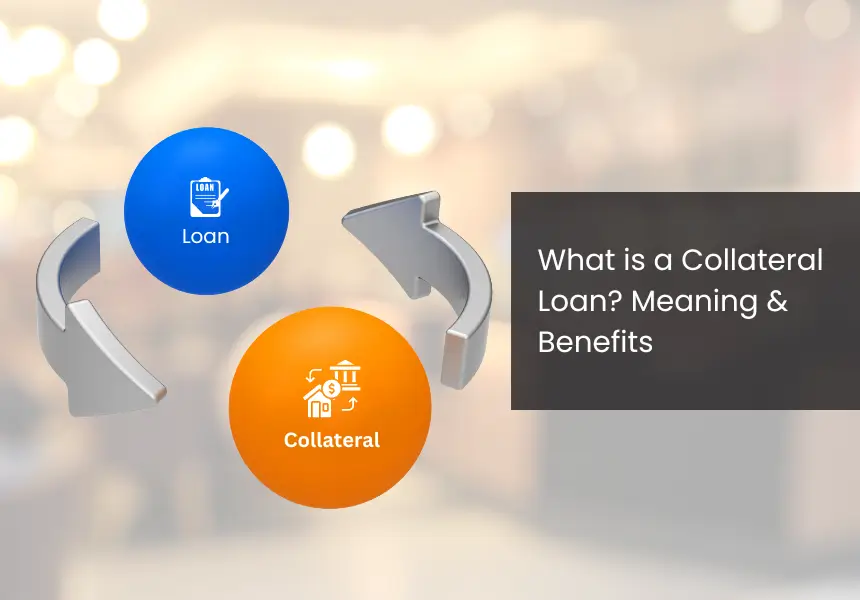
If you are looking to secure loans or credit cards with favorable terms, it is important to maintain a good CIBIL score. Your CIBIL score reflects your creditworthiness and determines whether financial institutions view you as a low-risk borrower.
For instance, you plan to apply for a personal loan to renovate your home. If your CIBIL score is 700 or higher, you’ll likely get your loan approved quickly and might even receive a lower interest rate. So, improving and maintaining your CIBIL score is important.
Here, we have listed a few ways that can help you improve your CIBIL score.
6 Proven Ways to Improve Your CIBIL Score
Improving your CIBIL score can help you get better access to financial products and may even allow you to get favorable terms. The following are some of the proven ways to improve your CIBIL score:
1. Pay your bills and/or EMIs on time:
Paying your bills and EMIs on time can positively impact your CIBIL score. Your payment history contributes significantly to your score, and even a single missed or delayed payment can have a negative impact. To ensure on-time payment, you can set up the auto-debit facility or reminders. Being consistent and making timely payments can improve your CIBIL score, showing lenders that you are reliable and responsible with your finances.
2. Maintain a Low Credit Utilization Ratio
A credit utilization of below 30% shows that you do not overly depend on credit, which is a positive factor. High utilization suggests potential financial stress, which can lower your CIBIL score. To manage this ratio, you can either reduce your spending on credit cards or increase your credit limit.
3. Avoid Applying for Multiple Loans or Credit Cards Unless Necessary
Every new loan or credit card application generates a hard inquiry on your credit report, which can slightly reduce your CIBIL score. Applying for multiple loans or cards in a short period can signify to lenders that you are in financial trouble. Instead, you must be selective about the credit products you apply for and only use them when necessary.
4. Monitor Your Credit Report Regularly
You should monitor your credit report regularly to keep track of your CIBIL score and identify any discrepancies or errors that could affect it. By checking your report periodically, you can correct mistakes early, such as incorrect personal information, accounts that don’t belong to you, or errors in payment history.
5. Do Not Close Old Credit Cards
Old credit cards can help determine the length of your credit history. Closing an old credit card shortens your credit history, possibly lowering your CIBIL score. Additionally, keeping older accounts open helps maintain a low credit utilization ratio. If you no longer use a particular card, you can consider keeping it open with minimal activity rather than closing it entirely.
6. Opt for Longer Loan Tenures
When you choose a longer tenure for your loans, the monthly EMI amounts are reduced, making it easier to manage payments and helping you avoid defaulting on the loan. This can help maintain a consistent payment history, which is essential for a good CIBIL score. However, while longer tenures can reduce the monthly burden, they also increase the total interest paid over time. It is important to balance the need for lower EMIs with the overall cost of the loan.
Common Mistakes to Avoid in Managing Your CIBIL Score
Here are some common mistakes to avoid while managing your CIBIL score:
1. Missing Payments:
You must pay your bills on time to avoid any negative impact on your credit profile. To avoid this, set up payment reminders or, better yet, automate your payments. Ensure that your account has sufficient funds each month to cover any automatic debits.
2. Relying on Minimum Payments:
While making the minimum payment on your credit card might seem convenient, it can be risky and expensive over time. The number of interest charges can increase and accumulate, making your debt costlier in the long run.
3. Applying for Multiple Credits Simultaneously:
Each time you apply for a new credit, lenders conduct a hard inquiry on your credit report, which may temporarily lower your CIBIL score. If you apply for multiple loans or credit cards in a short period, it can make you appear financially unstable to lenders.
4. Co-Signing Loans Without Caution:
Co-signing a loan for a friend or family member might seem supportive, but it can backfire if the primary borrower fails to make timely payments. Their missed or late payments can negatively affect your CIBIL score. Before co-signing, carefully consider the risks and ensure that the borrower is financially responsible.
5. Not Regularly Checking Your CIBIL Score and Report:
Regularly monitoring your CIBIL score and credit report helps in tracking your credit health and allows you to catch and correct potential issues before they cause significant damage.
How Long Does It Take to Improve Your CIBIL Score?
Improving your credit score usually takes about 4 to 12 months, depending on how serious were your past credit issues and how consistently you practiced good credit habits. Paying your installments on time, keeping your credit utilization low, and being cautious with new credit applications can lead to steady progress. However, more severe issues like defaults or bankruptcies may require longer recovery time.
Conclusion
Having responsible credit behavior, such as making timely payments, maintaining a balanced credit mix, and regularly monitoring your credit report, can help you slowly improve your creditworthiness. It is a gradual process that requires discipline and consistency. Whether you want to apply for a loan or a credit card or simply want to maintain financial health, a strong CIBIL score is important to access these financial products.
Frequently Asked Questions
What is a good CIBIL score?
A CIBIL score above 700 is generally considered good and increases your chances of loan approval and receiving favorable terms.
How often should I check my CIBIL score?
It’s recommended to check your CIBIL score at least once a year or before applying for a loan or credit card to ensure accuracy and address any discrepancies.
Does checking my CIBIL score frequently affect my score?
No, checking your CIBIL score is considered a soft inquiry and does not impact your score.
What should I do if there’s an error in my CIBIL report?
If you find an error in your CIBIL report, you should immediately raise a dispute with CIBIL by filling out the dispute form on their website.
Can I improve my CIBIL score after a loan default?
Yes, while a loan default significantly impacts your CIBIL score, you can rebuild it by repaying outstanding debts, maintaining timely payments, and avoiding further defaults.








